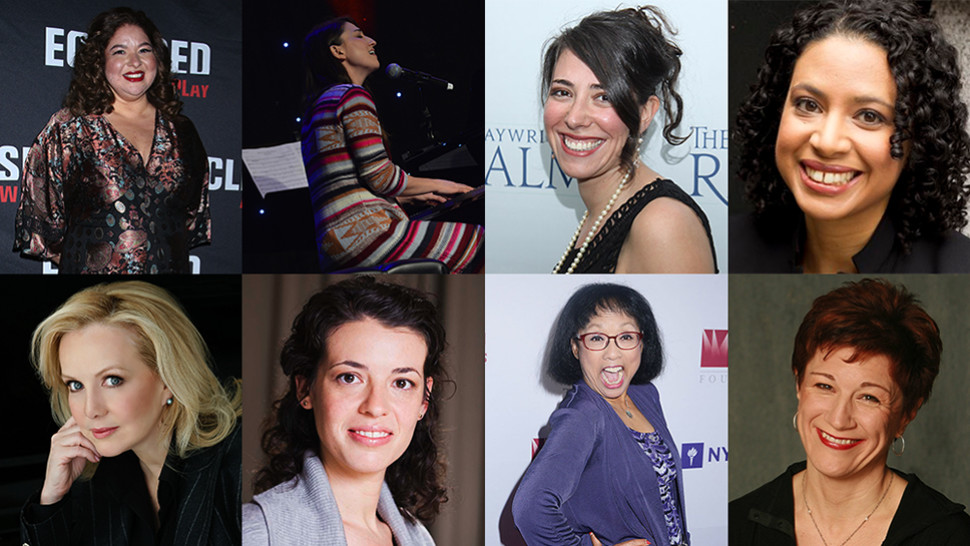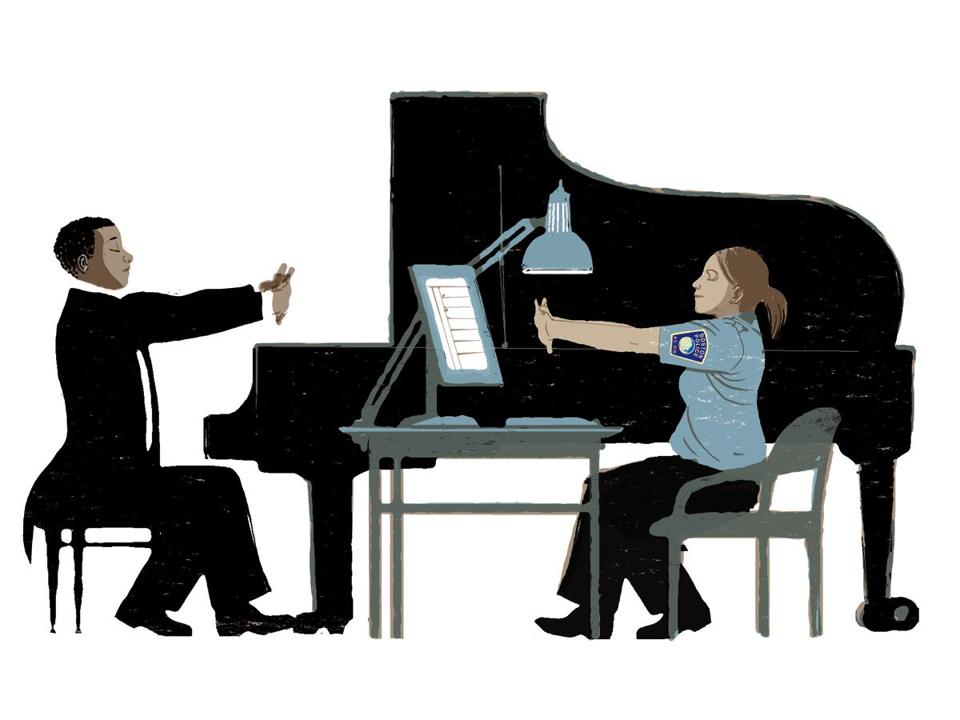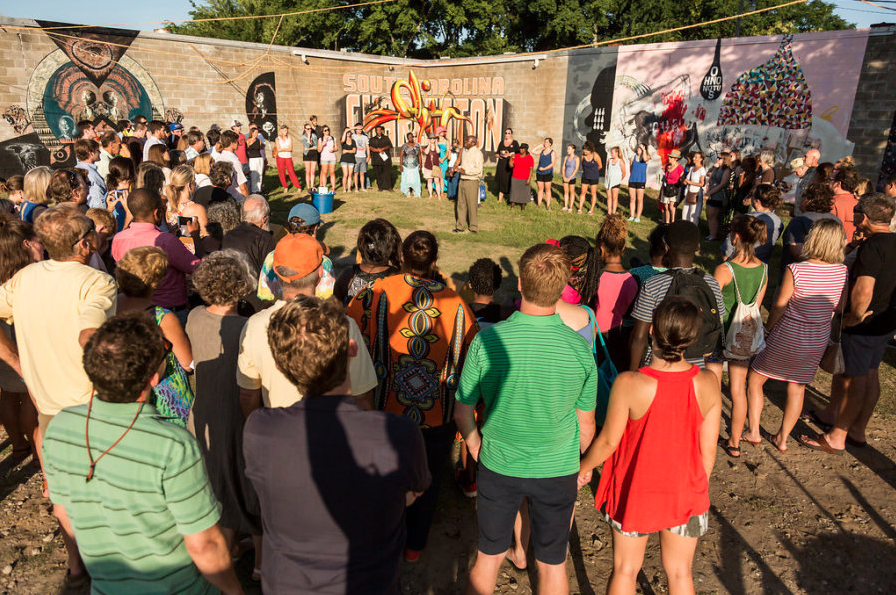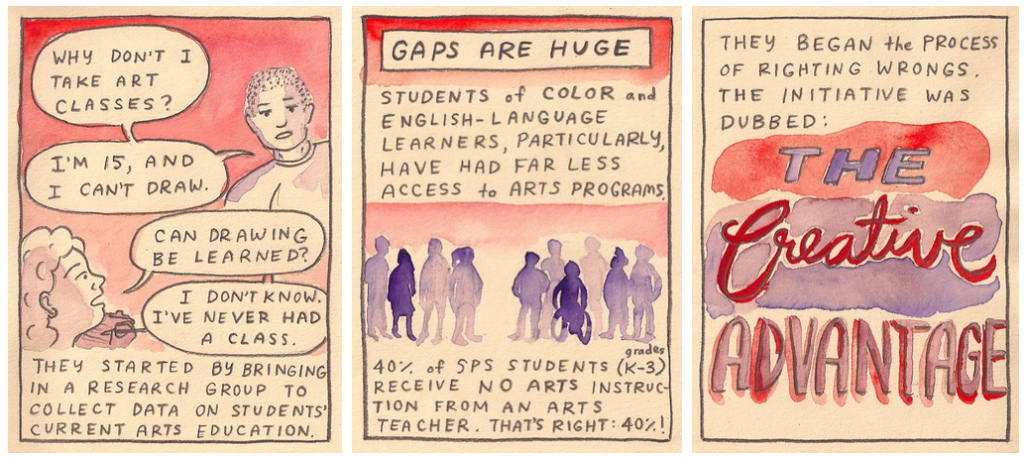Link Roundups feature articles and bits of internet goodness that our dramaturgy team digs up. If you find something you want to send our way, drop us a line on Facebook or Twitter!
♦♦♦♦♦

A promotional photo from Profiles’s 2003 production of Blackbird. Darrell W. Cox starred as a Gulf War veteran spending Christmas with his girlfriend, a heroin-addicted former stripper./ PHOTO ILLUSTRATION: READER STAFF; PHOTO: “WAYNE KARL”
Chicago Reader has a feature about Profiles Theatre, detailing a long history of abuse and reckless behavior toward actors:
But something troubling was occurring behind the scenes of Killer Joe, something that was part of a long-standing pattern of abusive conditions at Profiles for nearly two decades. In extensive interviews conducted over the past year, more than 30 former Profiles cast and crew members described in disturbingly similar terms what they suffered or witnessed while working at the theater. They alleged that, since the 1990s, Cox has physically and psychologically abused many of his costars, collaborators, unpaid crew members, and acting students, some of whom also became romantically involved with Cox while under his supervision at the theater. Others in key roles in the theater, they say, did little if anything to stop it or turned a blind eye altogether. Although the source material Profiles favored was often violent and misogynistic, the quality of its shows and the critical acclaim they garnered—coupled with a culture of fear and silence that developed inside the theater—allowed bad behavior to flourish behind the scenes, unbeknownst to audiences or the media.
♦♦♦♦♦
The Huntington Theatre announced, as reported by the Boston Globe, the deal that will allow them to keep their space on Huntington Ave:
Michael Maso, managing director of the Huntington Theatre, said that under the terms of the agreement with the development group QMG Huntington, LLC, which purchased the three buildings for $25 million, the Huntington will be responsible for restoring the theater, which will abut a new mixed-use development that comprises both retail and residential units.
“We have a great deal of planning to do, and then we will have a great deal of money to raise,” said Maso, who estimated the theater company will need between $60 million to $70 million. “We can and we will fulfill the vision that this agreement makes possible.”





